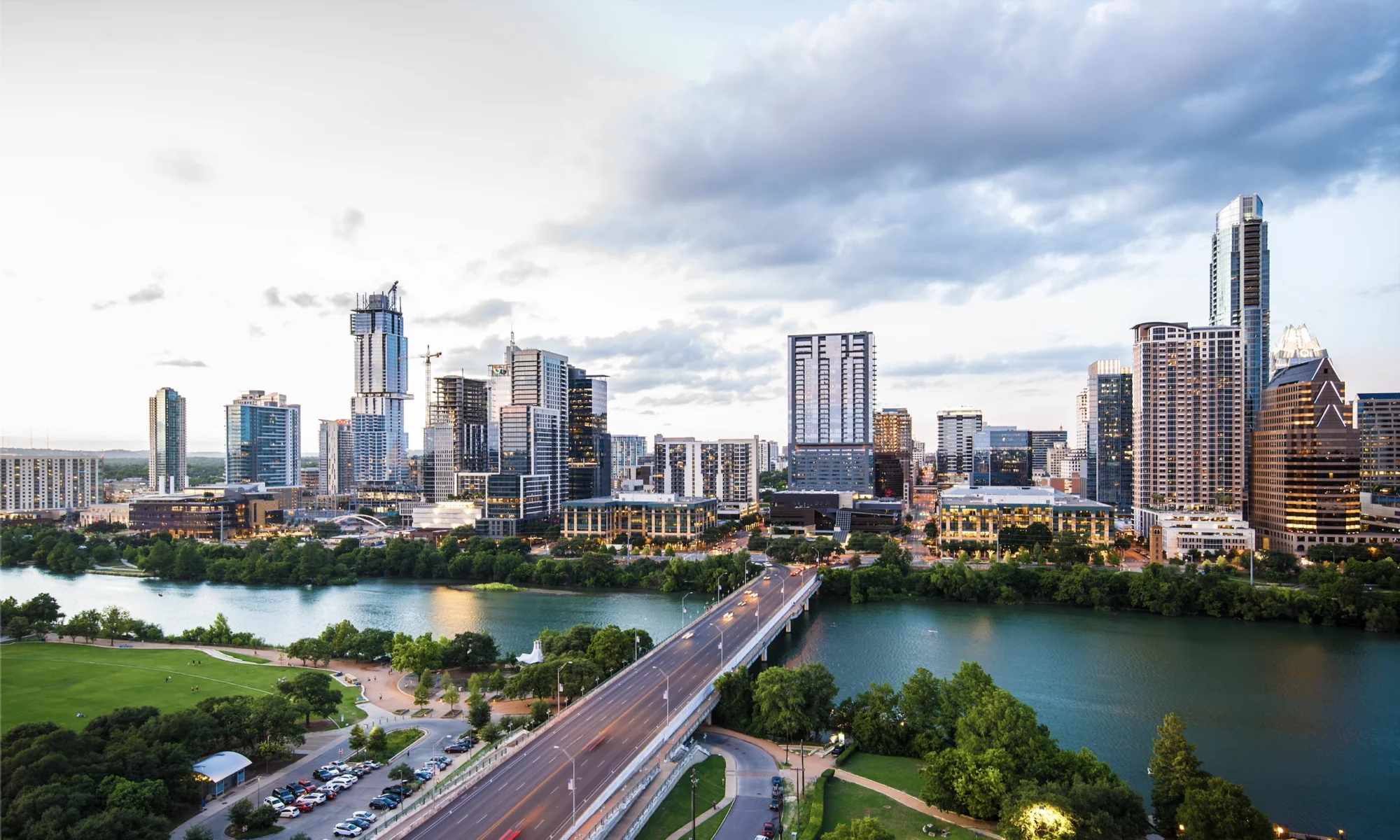Should you and I, as residents of Austin, have a say on CodeNext, the first major rewrite of Austin’s Land Development Code in 30 years?
Yes.
Should you and I, as registered voters of Austin, get to vote on CodeNext, the most important policy question facing our city in at least 5 years?
No.
Despite what the political groups Community not Commodity and IndyAustin say, you and I should not vote on CodeNext in a referendum. These groups claim that such a referendum would be more democratic and would lead to a more robust debate. But, as Austin’s own dark history with the Fair Housing ordinance of 1968 shows, a CodeNext referendum, far from guaranteeing democracy or debate, will subvert our representative democracy and disenfranchise the most of vulnerable of our citizens.
Let’s start with the claim that the proposed CodeNext referendum is “about democracy” as Fred Lewis, from Community not Commodity stated in a recent Austin Monitor article.
In 1968, the Austin City Council courageously passed Austin’s own Fair Housing ordinance to prohibit all forms of discrimination in housing. But a certain group of Austin property owners, who said they wanted to “give democracy a chance”, petitioned to put the ordinance to a vote. The referendum that followed rejected Fair Housing with 57% voting against and 43% voting in favor. Only 27% of registered voters and 10% of the total population voted in the election. That’s hardly representative of the will of the people. Worse still, as the map below attests, the overwhelming 59% of east Austinites that voted for Fair Housing were crushed by the 61% of West and South Austin that voted against.
1968 Austin Fair Housing Referendum Results by Precinct

Some things have changed since 1968. Austin no longer has legal segregation and is now seen as a progressive haven in an otherwise conservative state. But some things have not changed. We still face the same turnout challenges: less than 17% of registered voters cast a ballot in the last referendum. Worse still, while 30% of Austinites live east of I35, they only make up 24% of the registered voters. In fact, the map below showing registration percentage from 2017 looks strikingly similar to the map above showing percentage AGAINST the referendum from 1968.
2017 Voter Registration by Precinct

Under the 10-1 council system, East Austinites have a fair say in CodeNext through the representatives they elected. In a referendum, they do not.
After the 1968 referendum, then-mayor Harry Akin said, “if there had been half as much interest in the election as there has been in the football game, we would have had a fairer measure of the will of the people”. A CodeNext referendum risks the same. That doesn’t sound like democracy to me.
Next, let us consider the claim from Indy Austin‘s Linda Curtis that “if you put it on the ballot it will cause a big debate such that you might have a chance of informing a lot more people”.
Here is what the property owners of 1968 provided as “information”:



And my personal favorite

We should not expect a more informative debate on CodeNext. The fact is most people don’t have the time to brush up on Land Use Regulation in their spare time. As Curtis herself said “find a regular Austinite who is just trying to pay their mortgage or rent, they’ll go: ‘Code what?’”
When the people voted for their representatives to sit on the city council dais under the 10-1 system, they placed their faith in those representatives. We should not lose our faith in those representatives or the 10-1 system that Curtis herself campaigned for.
This proposed referendum is not about democracy or debate. It is about delay. Because of the property owner’s referendum in 1968, minorities of Austin had to wait decades for another fair housing ordinance. Half a century later, we cannot afford to make the same mistake. We cannot afford the same decades of delay with our land development code.
We absolutely should have a say on CodeNext. And we do – by talking to our council members, who we elected, and encouraging them to develop the best CodeNext they can. We count on our representatives to pass a code that helps erase the vestiges of our city’s dark past and create an Austin for Everyone. If they don’t, it is our duty to hold them accountable at the ballot box.
Code and Data
Source Code for Maps, Precinct Data for 1968 Referendum and 2017 Voter Registration*
Original Sources
1968 Results by Precinct*, 1960 Precincts, 1969 Precincts, 2017 Precinct Data, 2017 Voter Registration by Precinct
Notes
*The tax office does not have a map of the 1968 Austin voting precincts. I have approximated the positions by combining the 1960
